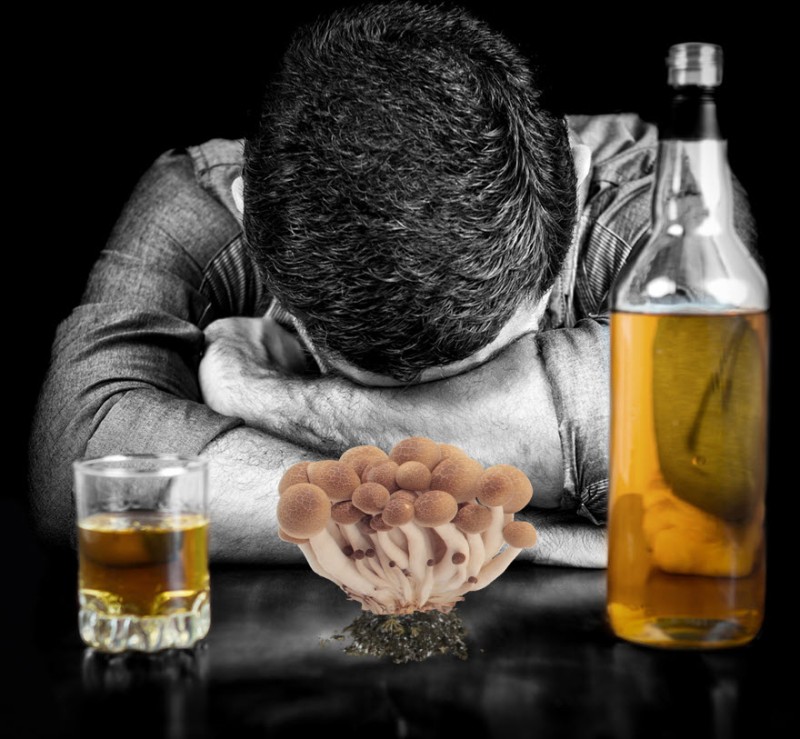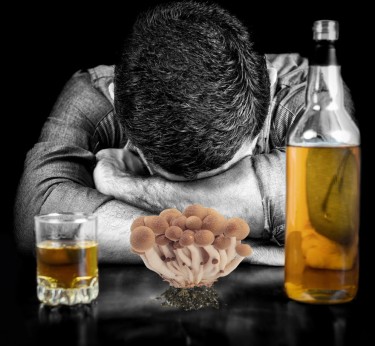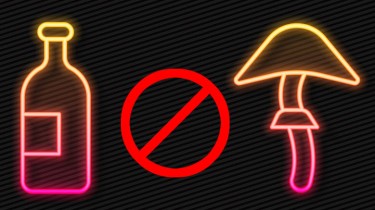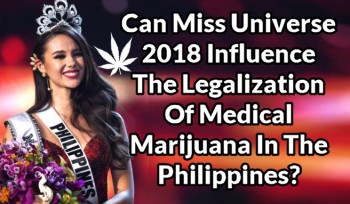The UI Department of Psychiatry researchers are endeavoring to conduct a study in the upcoming summer to determine whether Ketamine and Psilocybin, two types of psychedelic substances, can effectively treat alcohol use disorder.
Peggy Nopoulos, Chair of the UI Department of Psychiatry, is investigating the potential of psychedelic therapy for alcohol use disorder. As part of the study, certain participants will be administered doses of psilocybin, commonly referred to as magic mushrooms and ketamine.
In early 2022, the researchers initiated discussions about conducting a study on psychedelics. However, obtaining permission to handle the drugs in a laboratory setting is time-consuming so the investigation will require considerable preparation time.
Proposed Methodology
Nopoulos stated that controlled psychedelic therapy allows the brain to break out of negative circuits or patterns, such as excessive alcohol consumption or depressive moods. Treatment involving psychedelic substances enables alternative brain circuits to assume control. Nopoulos explained that individuals suffering from illnesses such as depression or addiction often have an abnormal internal brain circuit that is hyper-connected. This leads to their condition taking over once triggered.
According to Mark Niciu, an assistant professor at the UI's Department of Psychiatry and the Iowa Neuroscience Institute, the study at UI will involve a direct comparison between ketamine and psilocybin.
Nopoulos noted that the survey would include administering psychedelics to a cohort of men with alcohol use disorder. Half of the participants will be administered psilocybin. In contrast, the other half will get ketamine, and neither the subjects nor the researchers will know which substance is being administered.
The participants will undergo an MRI scan and have a session with a therapist at the outset of the study. They will receive their prescribed dose and have a follow-up MRI scan. The subjects will be monitored over time, and a final MRI scan will be conducted three months after the initial drug administration for evaluation purposes.
Candida Maurer, a licensed psychologist and the principal therapist for the study, mentioned that before administering the psychedelic medication, the participants would have a two-hour consultation with a licensed psychologist. During this time, she will collect their medical history, trying to understand when their condition began, the possible reasons behind it, and their current objectives in life.
Maurer plans to utilize various therapies, including body therapy, meditation, cognitive behavioral therapy, inner-child work, relaxation techniques, and mind-body therapy. Maurer further explained that by helping the participant access the part of their body experiencing discomfort, the treatment could facilitate the release of any associated trauma. She emphasized that this will be an essential component of the therapy provided.
Classic Psychedelics
Nopoulos provided an overview of two frequently used classic psychedelics: Lysergic acid diethylamide (LSD) and psilocybin. She stated that both substances impact the brain, leading to a distinct type of experience often referred to as a psychedelic trip.
Psychedelic substances have been subject to stigma. Nopoulos noted that considerable progress had been made in psychedelic research during the 1950s and 1960s. However, all earlier advancements were lost with enacting the Controlled Substances Act in 1970, which made these drugs illegal.
According to Nopoulos, the government expressed concerns about the societal unrest that these substances were causing. "It was a highly political move," she added. From a scientific perspective, there were significant advancements being made. However, shutting down the research resulted in a halt to scientific progress for several decades.
Psychedelic drug usage in medicine has been vilified for many years, but as the body of evidence progressively rebounds, it is impossible to dismiss their potential advantages. A new age in mental health therapy is just getting started thanks to the research being done at the University of Iowa, one that embraces novel ideas and isn't afraid to question the existing quo.
It's crucial to remember that using psychedelic drugs recreationally might negatively impact users. However, they can profoundly impact mental health conditions when given under the supervision of skilled specialists in a controlled setting.
Nopoulos has been researching psychedelic substances for two decades, and the scientific inquiry has been gradually gaining momentum. Nopoulos mentioned that each individual might have a distinct experience with the psychedelic substance, influenced by various factors in their life.
According to Nopoulos, the experience with psychedelic substances can significantly alter an individual's perception of their surroundings, thought processes, and emotions. She said that for many, this could be perceived as a spiritual experience. However, the nature of the experience may vary based on an individual's personality and belief system.
Niciu is enthusiastic about this study as it marks the first of its kind at UI. He notes the urgent requirement for better treatment options for alcohol use disorder and the limitations of the currently available medication-based treatments. Niciu explained that despite the availability of several FDA-approved medications, many patients do not respond well to them. The primary goal of this study is to provide relief to individuals struggling with mental health disorders.
Conclusion
A substantial advancement in the mental health field is being made by the UI Department of Psychiatry's investigation of the potential application of psychedelic substances to treat alcohol use disorder. Long a contentious subject, the use of psychedelics in medicine is now being supported by Nopoulos and Niciu's research, which tries to establish the effectiveness of these medicines in managing mental health issues.
The study itself gives hope for people with alcohol use disorder who may not have responded to conventional therapies because it will be the first of its type at the UI. A thorough treatment strategy that has the potential to transform lives involves providing psilocybin and ketamine side-by-side in a controlled setting, combined with therapy sessions before and after drug administration.
Overall, the study being conducted by the UI Department of Psychiatry is a testament to the scientific community's commitment to improving the lives of those struggling with mental health disorders. It is a step forward in medicine and offers hope for a brighter future in mental health treatment.








